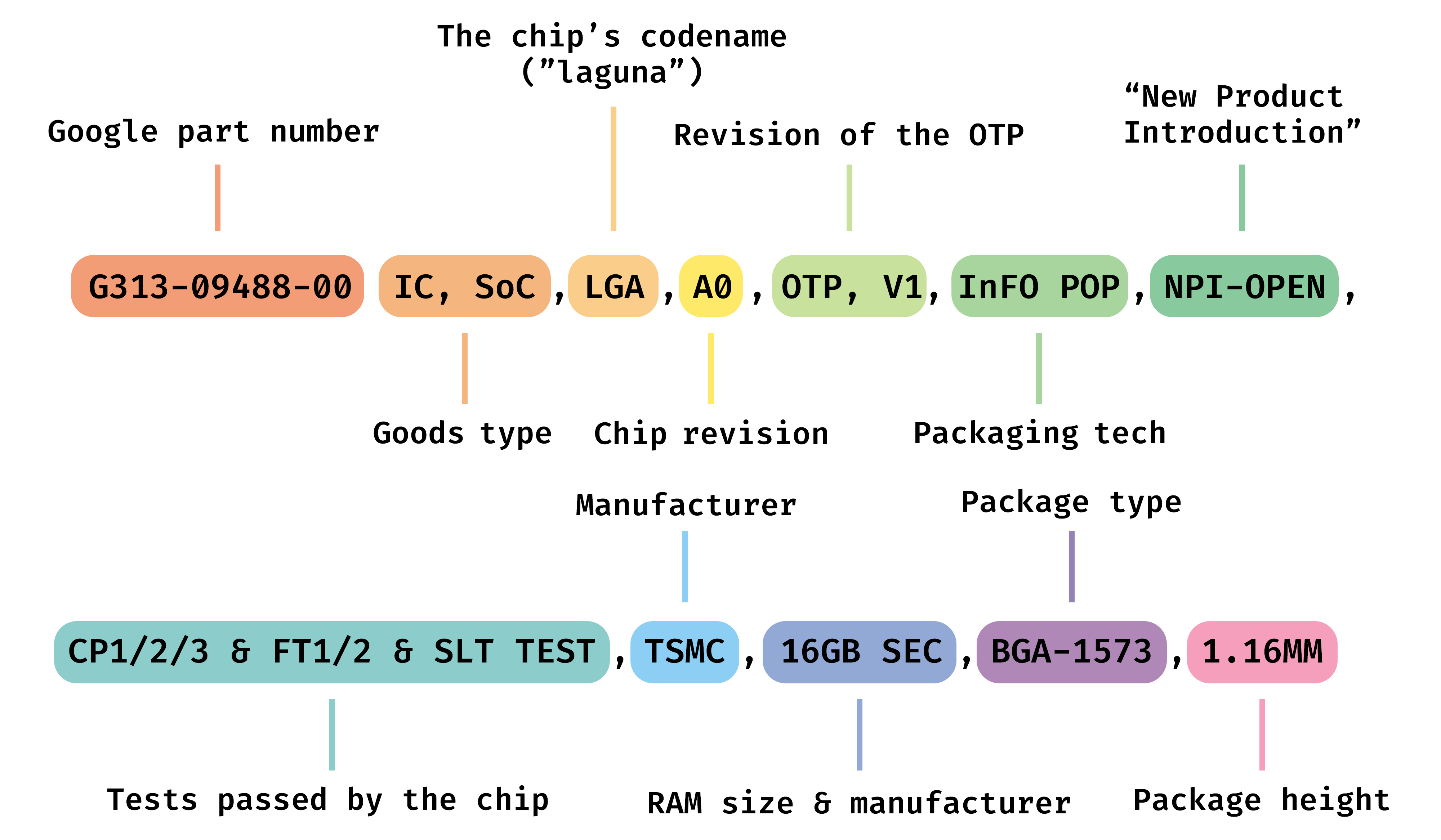Google is reportedly partnering with TSMC for the production of its next-generation Tensor G5 chip, which will power the upcoming Pixel 10 series. This shift from Samsung's manufacturing comes as a response to Google's desire for improved performance, better thermal management, and extended battery life in its custom chips.
According to various sources and shipping manifests obtained by Android Authority and other tech publications, Google has already started working with TSMC on the Tensor G5. The chip is expected to be based on TSMC's 3-nanometer manufacturing process, which offers better power efficiency and reduced thickness compared to Samsung's current offerings.
The first samples of the Tensor G5 have reportedly been manufactured earlier than usual due to Google needing more time than usual for development. These samples were exported from Taiwan by Google LLC and imported into India by Tessolve Semiconductor for verification and testing purposes.
Additionally, it has been suggested that the Pixel 10 series will feature 16GB of package-on-package RAM to support on-device generative AI capabilities like Gemini Nano's multimodal features. This would be a significant upgrade from the Tensor G4's RAM capacity and could lead to improved performance in various applications.
Google has been working on its custom Tensor chips since 2021, with Samsung being the primary manufacturer up until now. However, Google's engineers have reportedly faced challenges with thermals and power efficiency when using Samsung's manufacturing process. By partnering with TSMC, Google hopes to address these issues and deliver a more powerful and efficient chip for its Pixel 10 series.
Stay tuned for more updates on the Tensor G5, Pixel 10, and other tech news.




